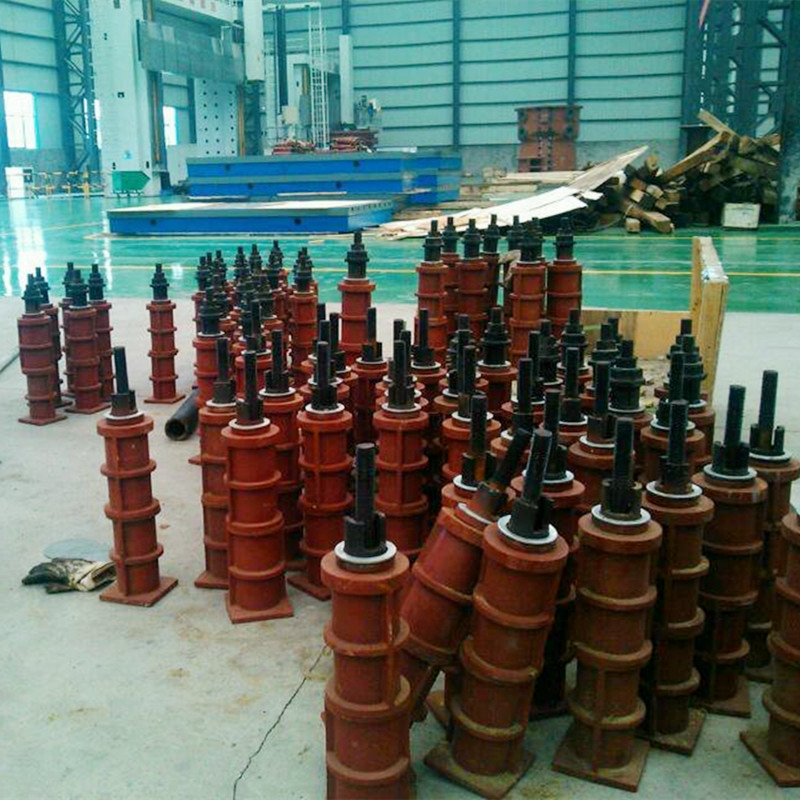dets. . 12, 2024 03:10 Back to list
pin gauge box
Understanding Pin Gauge Boxes An Essential Tool in Precision Measurement
In various fields of manufacturing and engineering, precision is vital. Whether in mechanical design, assembly, or quality control, achieving and maintaining accurate measurements can significantly impact product functionality, safety, and efficiency. One of the unsung heroes in ensuring this level of precision is the pin gauge box. This article delves into the significance, design, and applications of pin gauge boxes in the industrial landscape.
What Are Pin Gauge Boxes?
Pin gauge boxes are specialized tools used to measure the diameter of holes or the size of components with high precision. They usually consist of a set of pins of varying lengths and diameters, each precisely calibrated to standard measurements. The pins are housed within a sturdy box that allows for organized storage and easy access during measurement tasks.
Typically crafted from high-quality materials like stainless steel, these pins are designed to withstand wear and tear, maintaining their accuracy over time. Pin gauge boxes can range in size and complexity, from simple sets with a few pins to comprehensive collections containing dozens of precision pins catered to various measurement needs.
The Importance of Pin Gauge Boxes
Pin gauge boxes serve multiple functions in manufacturing and quality control processes
1. Precision Measurement The primary role of pin gauges is to provide precise measurements of holes in components. Whether the task involves checking the size of a drilled hole, fitting a component into a machine, or verifying the dimensions of a manufactured part, pin gauges ensure accuracy.
2. Quality Control In the production process, maintaining quality is paramount. Pin gauge boxes are often employed in quality control inspections to ascertain that products meet specified tolerances and standards. This helps manufacturers avoid costly errors and wastage.
3. Versatility Pin gauges come in various sizes, allowing them to be used in multiple applications. They are helpful in industries ranging from automotive and aerospace to electronics and medical device manufacturing.
4. Ease of Use The simplicity of using pin gauges allows even those with minimal training to perform accurate measurements. By inserting pins into holes and observing how they fit, users can quickly ascertain whether a component meets the necessary specifications.
pin gauge box

Choosing the Right Pin Gauge Box
When investing in a pin gauge box, several factors should be considered to ensure that it meets specific needs
1. Material Quality Look for pin gauges made from high-grade materials, typically stainless steel, to ensure durability and resistance to corrosion.
2. Precision Standards Ensure that the gauges conform to national and international standards such as ISO or ASTM, which guarantees their accuracy.
3. Range of Sizes Evaluate the range of pin sizes included in the box. A wider range allows for more versatility in measurements, particularly in diverse manufacturing settings.
4. Storage and Organization The design of the pin gauge box should facilitate easy access and organization. Many boxes feature labeled compartments or foam inserts that keep the pins secure while preventing damage.
Maintenance of Pin Gauge Boxes
To prolong the life of a pin gauge box and maintain measurement accuracy, proper maintenance is crucial. Here are some best practices
- Regular Calibration Periodically check the calibration of the pins against known standards to ensure their accuracy hasn’t changed over time. - Cleanliness Keep the pins free from oil, dirt, and other residues that could interfere with measurements. Regular cleaning with appropriate solvents helps maintain their precision. - Proper Storage Store the pin gauge box in a controlled environment to avoid exposure to extreme temperatures, humidity, or corrosive substances.
Conclusion
Pin gauge boxes may appear simple in design, yet they play an indispensable role in the world of precision measurement. Their ability to ensure accuracy in various applications makes them essential tools in industries focused on quality and reliability. By understanding their importance, selecting the appropriate pin gauge box, and maintaining its condition, professionals can uphold the standards expected in today's precision-driven manufacturing environments. As technology continues to evolve, the relevance of pin gauges will undoubtedly endure, adapting to meet future challenges in measurement and quality assurance.
-
Precision Manufacturing with Advanced Spline Gauge DesignNewsJul.31,2025
-
Industrial-Grade Calibrated Pin Gauges for Exact MeasurementsNewsJul.31,2025
-
Industrial Filtration Systems Depend on Quality Filter DN50 SolutionsNewsJul.31,2025
-
High-Performance Gate Valve WholesaleNewsJul.31,2025
-
Granite Surface Plate The Ultimate Solution for Precision MeasurementNewsJul.31,2025
-
Granite Industrial Tools The Ultimate Guide for Bulk BuyersNewsJul.31,2025
Related PRODUCTS









